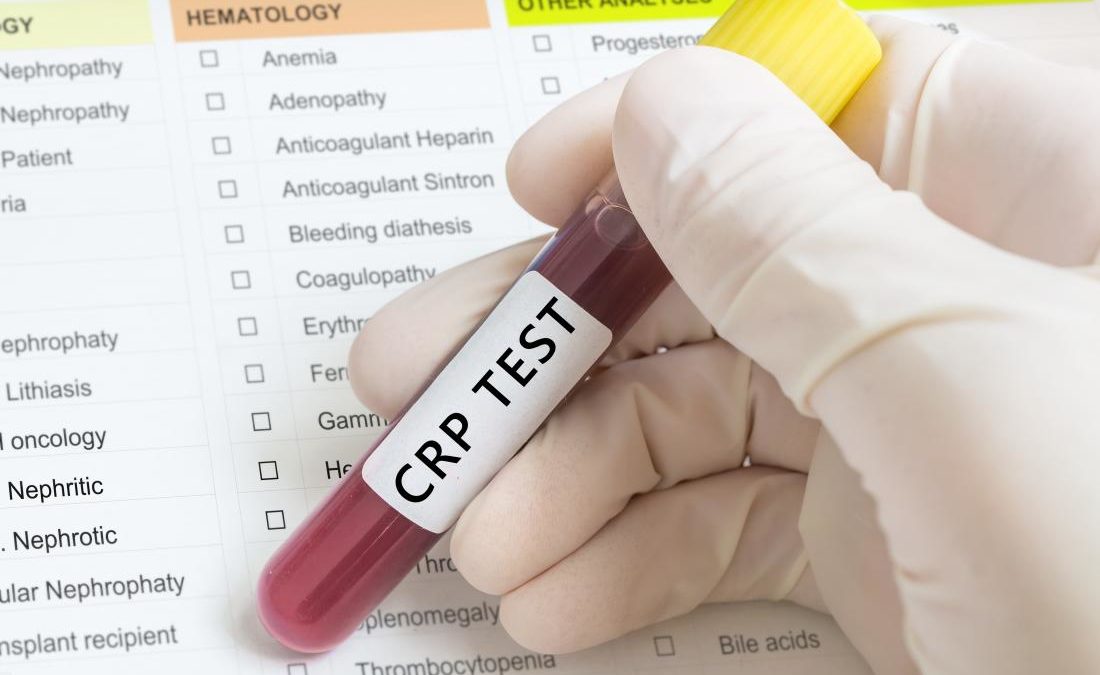
4 Easy tips to understand the CRP test result
Although CRP is not a routine blood test, more and more medical professionals are utilizing it since it may disclose a great deal about patients’ overall health. This protein is beneficial for your immune system because it helps you fight infections; nevertheless, it is also a sign of low-grade inflammation as well as a predictor of your risk of developing heart disease. Learn much more about the CRP test in Delhi and determine if your results are within the usual range by doing some research.
CRP is used to detect the existence of inflammation, evaluate the degree to which it is present, and track the body’s reaction to therapy. When determining whether or not you are at risk for developing heart disease, a test known as C-reactive protein high sensitivity (hsCRP) is performed.
1. Normal Meaning
These normal values are simply a recommendation, which is why they are referred to as a reference range. These ranges can differ from one laboratory to another, and it’s possible that your laboratory uses a different range to describe what’s considered normal. Your lab report ought to provide a description of the range that your lab makes use of. In addition, your physician will examine the results in light of your current state of health as well as any other relevant circumstances. This indicates that a value that is outside of the usual values indicated here may still be considered normal for you or your lab, even if it falls outside of the values listed here.
2. C-reactive Protein (CRP) Level
Under one milligram per deciliter (mg/dL) or under ten milligrams per litre (mg/L). Inflammation within the body may frequently be identified by the use of the conventional CRP test. If you have an inflammatory disease, including rheumatoid arthritis, lupus, or vasculitis, your doctor may order a C-reactive protein level test to check for flare-ups of your condition. CRP test in Delhi may also be used to monitor the effectiveness of anti-inflammatory medications in treating communicable diseases.
Even if your CRP level is greater than usual, this does not always indicate that you do have a medical issue that requires treatment. There are more things that might contribute to an increase in your CRP levels. These include smoking cigarettes, being overweight, and not getting enough exercise.
The levels of CRP in a person’s blood might change over time. A risk assessment for coronary artery disease should be calculated as the average of two hs-CRP tests, which should preferably be done two weeks apart from one another. Values greater than 2.0 mg/L may indicate an increased risk of heart attacks or an increased chance of such a heart attack occurring again. You can check the CRP test price in Delhi online at the lab websites.
3. The Level of CRP Determines the Results
Keep in mind that the amount of hs-CRP in your blood is just one of several risk factors for coronary artery disease. A high level of high-sensitivity C-reactive protein (hs-CRP) does not always indicate that a person has an increased risk of getting heart disease in the long run. Additional tests are required to provide a more comprehensive assessment of your risk.
4. It could be Triggered due to a Number of Reasons
The CRP test in Delhi is performed to determine the amount of this protein that is present in the body. If your levels are high, it might indicate that you have an infection, an inflammatory illness, or a higher risk of developing cardiovascular disease. CRP levels that are only slightly raised might be caused by a number of different things, but levels that are significantly elevated almost always indicate that there is a significant issue. The therapy for increased levels is contingent upon determining the underlying reason for the elevation.
There are no specific preparatory steps that need to be taken in order to take the CRP test in Delhi; nevertheless, it is important that you inform your healthcare provider about any drugs, herbs, or supplementation that you have been currently using. During the time that your sample is being collected, you should make sure that you are in good health because any recent injuries, inflammation, illnesses, or infections might skew the findings of the test.
